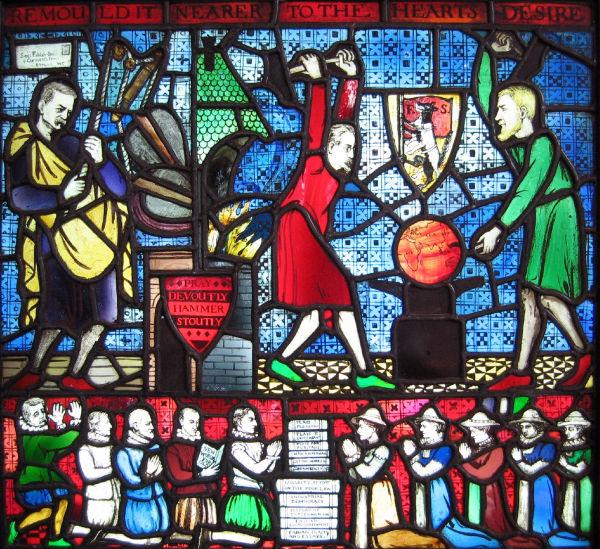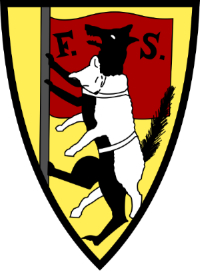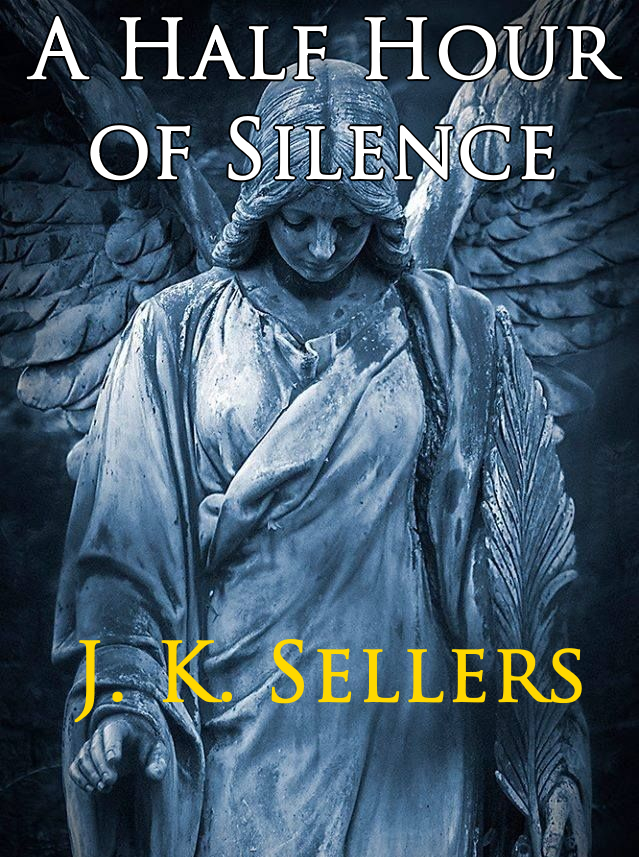(Temporary Cover)
A Half Hour of Silence
By JK Sellers

Mustirmahani:
Pronunciation: moost-ear-ma-hán-e
Abbreviated form is Mahani: ma-hán-e
I derived the name, Mustirmahani, from a combination of several words taken from Arabic, Hebrew and Sanskrit:
The eighth form of the Arabic verb sirra, meaning secret, is mustirra, which means “to hold or keep a secret”.
The Hebrew word maha is a form of machah which means "to destroy." The addition of an ‘n’ would make the word a noun, “the destroyer”. [E. Kautzsch, ed., Gesenius' Hebrew Grammar, 2nd rev. ed. (Oxford: Clarendon, 1974), 238.]
Also, in Sanskrit, maha means "great."
I added an ‘I’ at the end of the word to make it plural.
So, the word Mustirmahani means, 'Keepers of the Great Secret, the Great Destroyers'.
Literature is replete with ‘bad guys’ wanting to control the world. There’s Ian Fleming’s Spectre, the Sith in Star Wars, Hydra in the Marvel Comics universe, and the Second Foundation, in Isaac Asimov’s The Foundation Series, just to name a few. I think my Mustirmahani find themselves in good company.

In one scene there is a painting on the Mustirmahani’s conference room wall that is similar to the 'Fabian Window'. At the London School of Economics, there is a stained-glass window commissioned by Bernard Shaw in 1910 showing Fabian Socialists forging a new world out of the old, while other Fabians kneel worshipfully before a stack of Fabian writings. At the top, the window carries the logo: "Remould it nearer to the heart's desire."
“Fabianism is a radical London-based movement initiated in the 1880s for the purpose of subverting the existing order and establishing a Socialist World Government controlled by its leaders and by the financial interests associated with them.”

The Fabian coat of arms is a wolf in sheep’s clothing.
For more information on secret orders see:
“Tragedy and Hope, A History of the World in Our Time” by Carroll Quigley.
The Real History of Secret Societies, The Great Courses.
Five Secret Societies That Have Remained Shrouded in Mystery, History.com

